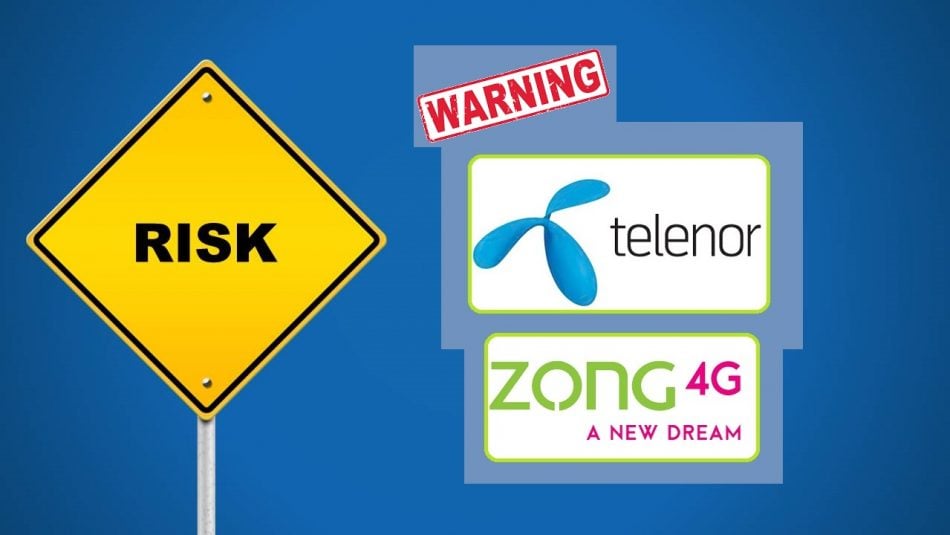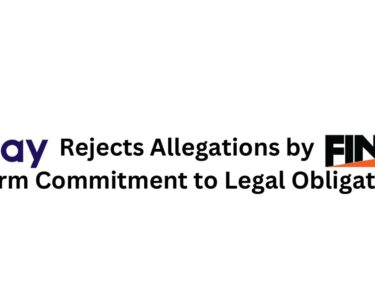If you are Zong or Telenor subscriber, and you think that they are updating you about all of their privacy policies, you need to overview your perception as it’s not true. Recent studies of “telecom privacy and data protection policies in Pakistan” held by Digital rights foundation has disclosed the status of the two key telecommunication companies Zong and Telenor in providing public with privacy information among the others, which is not appreciable.
The studies covered five telecom major companies of Pakistan including Ufone, Mobilink, Zong, warid and Telenor Pakistan in which the state of privacy policies were compared according to the language of the policies, ease of understanding, ease of access, clarity about data collection, its storage and purpose and the conditions under which it is shared with third parties. When compared, Mobilink and Warid crowned the list as they ensured the accessibility of their detailed policies. While Zong and Telenor gave some really disappointing results as they don’t give appropriate service of providing their users with information.
Ufone secures a position between the two telecom groups as it contains only a few setbacks which researchers say can be overcome with little improvement and more embellishment. But if we look into the broader spectrum, the studies reveal that public policies of all the telecom corporations are not so publically common. These are mostly ignored by the authorities as perhaps they don’t feel necessary to facilitate their subscribers with updates. Moreover, a strange fact came under the spot light which highlighted the failure of public policy functionality. DRF unveiled that 2016 Prevention of Electronic Crimes Act was nowhere to be seen. The provisions of the act state that in the case of complaints, the users can consult the company through “privacy breaches” which are seldom available on any telecom website.
Talking about what has to be done, the role of telecom subscribers is the crucial one in making their respective companies accountable for privacy and data security. The Founder and Executive Director of DRF, Nighat Dad explained the importance of user’s awareness over policy issues. She said that people should be conscious of their rights whether it’s about rights on the national level, rights as a customer of private companies or rights as a social media activist.
Pakistani Telecommunications companies should formulate comprehensive public policies that can be easily understandable by all the habitants of this region, whether they speak English or Pashtu, it is the company’s duty to make their policies accessible.
Expression of commitment is also required by telecom companies to assure the protection of customer’s privacy and availability of featured public guiding principles specially when there is no data protection legislation available in the country.
The statistics revealed by PTA gives us a figure of 135 million when it comes to cellular users in Pakistan, while this figure becomes 35 million out of 192 million population when mobile internet package subscribers are taken into consideration. And to add this to your knowledge, only few companies own this subscription which is further owned by foreign authorities. Digital Rights Foundation is a research and advocacy based NGO that works on issues of surveillance, privacy, internet governance and online harassment.




